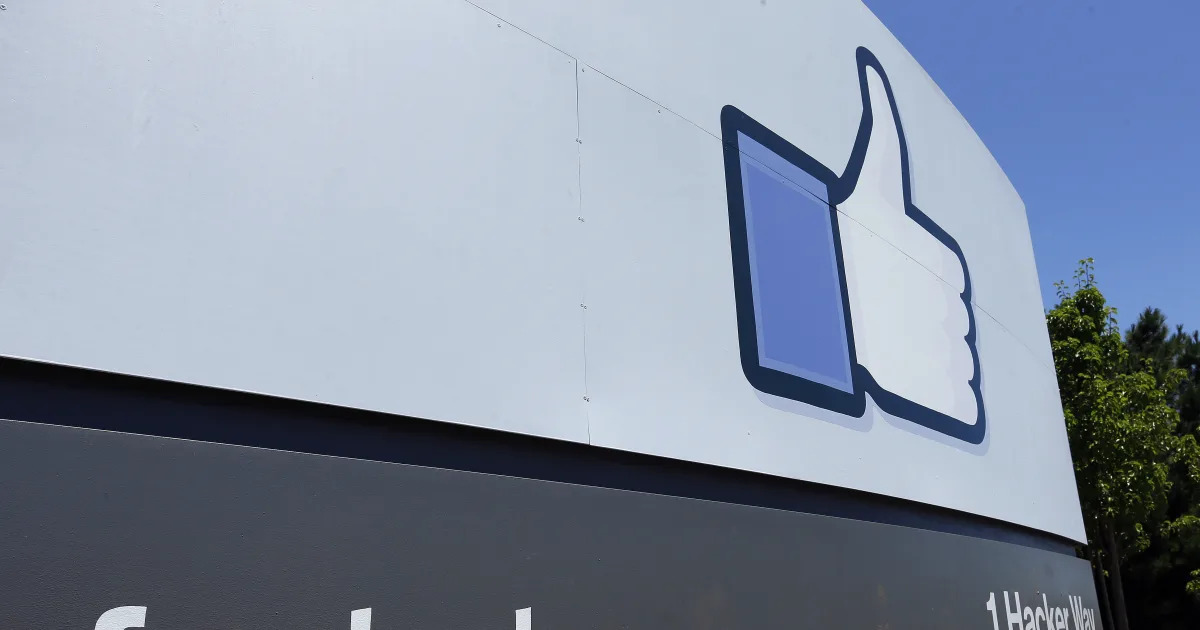Read More:
Facebook’s “State-Controlled Media” Labels Show Significant Decrease in Engagement with Content from Authoritarian Nations
In a recent study analyzing Facebook’s introduction of “state-controlled media” labels, it was found that these labels have had a significant impact on reducing user engagement with content originating from authoritarian nations. The platform’s new approach aims to provide transparency and create awareness about the source of information shared on the social media giant. This move comes amidst growing concerns about the prevalence of misinformation and influence campaigns orchestrated by state-controlled entities.
An Effective Measure to Inform Users
The implementation of the “state-controlled media” labels acts as an important step forward in Facebook’s efforts to combat disinformation and deceptive practices. By clearly identifying content produced by state-controlled entities, the company aims to empower users with the knowledge they need to critically evaluate the information they consume. This measure allows users to make informed decisions about the credibility and potential bias of the content they encounter on the platform.
Decreased Engagement Reflects Growing Awareness
The study conducted to evaluate the impact of these labels revealed a notable decrease in user engagement with content originating from state-controlled media sources. This finding suggests that Facebook’s initiative has successfully raised awareness among its user base about the potential risks associated with consuming information from such sources. Users are becoming more discerning and cautious when encountering content that may be influenced or manipulated by state actors.
A Blow to Authoritarian Nations’ Information Warfare
The reduction in engagement with content from authoritarian nations’ state-controlled media outlets signifies a setback for their information warfare campaigns. By limiting the reach and influence of such content, Facebook’s labeling system weakens the ability of these nations to spread propaganda, misleading narratives, and manipulative content. It sends a clear message that platforms like Facebook are committed to guarding against the manipulation of information by state-controlled entities.
Striking a Balance Between Free Speech and Security
Although the move has been instrumental in reducing engagement with content from authoritarian nations, concerns have been raised about potential challenges in correctly identifying and labeling state-controlled media sources. To address this, Facebook has been refining its criteria and process for identifying and accurately labeling such sources. Balancing the need for transparency and combating misinformation with the principles of free speech and avoiding undue censorship remains a challenging task.
Future Steps and Collaboration
Moving forward, Facebook plans to work closely with independent organizations, policymakers, and experts in the field of media governance to further enhance its labeling system. The aim is to refine the criteria, increase accuracy, and ensure the effectiveness of the “state-controlled media” labels. This collaborative approach seeks to leverage external expertise to create a more robust and comprehensive system that effectively addresses the concerns associated with state-controlled entities.
Empowering Users in the Age of Information
Facebook’s implementation of “state-controlled media” labels exemplifies their dedication to empowering users and safeguarding the integrity of information shared on their platform. By taking a proactive stance against the spread of misinformation from authoritarian nations, Facebook is setting the stage for a more transparent and accountable digital landscape. As users become more aware and informed, they possess the necessary tools to navigate the complex terrain of online information and make conscientious choices about the content they consume.

Read More:
- Sweeping public safety bill in D.C. aims to increase security, undoing past changes
- Get Ready for Enchanting Adventures in Season 4 with Witch Doctor
- Talk therapy shown to be effective in addressing psychological factors contributing to back pain
- Microsoft eliminates Android app integration on Windows 11
- Seven Years Later: Racing Game Enjoys Explosive Success on Steam Thanks to Epic Sale















+ There are no comments
Add yours